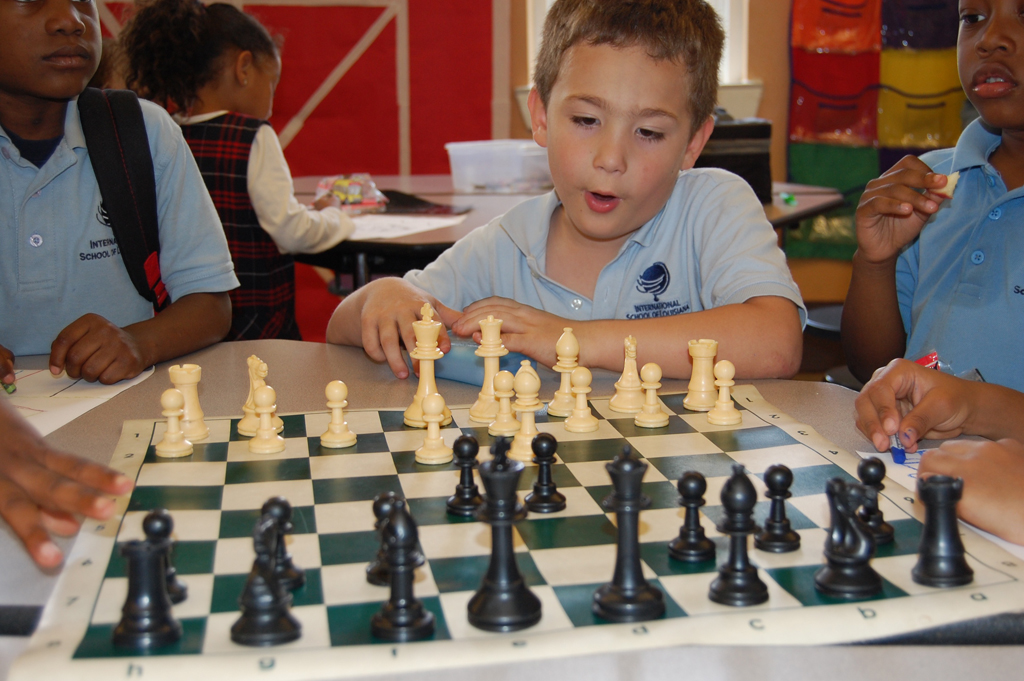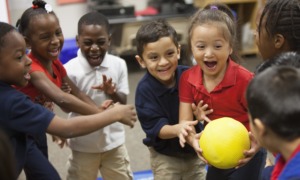Each day after school, kids at Community Works in New Orleans can be found gardening, playing sports, programming software, making music and doing theater in activities led by professional artists and instructors.
These are not the privileged children of New Orleans.
Most are from single-parent families, and 87 percent are eligible for free or reduced school lunch.
The enrichment activities they get are intended to reduce the gap that leaves low-income kids with 6,000 fewer hours of enrichment by sixth grade than affluent kids.
Community Works seeks to give kids the boost they need to make it in a 21st-century economy, where skills and education matter. The after-school program reaches 700 students in 11 New Orleans schools.
But Community Works stands to lose more than half its funding if President Trump’s proposed “skinny budget” is approved. The White House budget would cut $1.1 billion in 21st Century Community Learning Centers funding, which provides after-school and summer learning programs for 1.6 million children in high-poverty communities across the nation, according to the Afterschool Alliance.
Thousands of after-school programs serving low-income kids across the country could sink or be injured, advocates say.
“If we were to lose this funding, we would have to scale down the programs,” said Chandler Nutik, Community Works executive director.
“We have our program evaluated by an external evaluator each year. Results show the students perform better academically than students at the same schools who are not in the program,” he said.

Roughly 22,000 children in Louisiana are served through 21st Century programs, according to the Afterschool Alliance, based on Department of Education figures. Twenty-eight percent of children under 18 in Louisiana live in poverty, according to the Annie E. Casey Kids Count Data Center.
Loss of funding would also impact millions of kids who are getting science, technology, engineering and math education after school and in the summer, wrote Ron Ottinger, director of STEM Next in a blog for the organization, which promotes STEM education. Ottinger is co-chair of the STEM Funders Network and former executive director of the Noyce Foundation.
The effect would be to reduce and weaken the development of the country’s future engineers, scientists, business leaders and inventors, he wrote. Kids would have fewer opportunity to develop the skills they need “to advance in school, work, citizenship and life,” he wrote.
Across Florida, where 23 percent of Florida children live in poverty, according to the Annie E. Casey Foundation, 61,667 children are in after-school and summer learning programs funded by 21st CCLC — like the ROXY Theatre Group in Miami, which reaches nearly 100 students from two Title I middle schools with free acting, dancing and voice classes.
If the funding is cut, “it would leave 90 to 100 students without an after-school program,” said Ana Andreu, program director for the Roxy Theatre Group.
The program uses theater arts to draw kids in so they can experience “learning in disguise,” Andreu said. Kids learn math as they build props and stage sets, she said. As they read scripts, they discuss history and context, she said.
The program focuses on underserved kids, helps keep them off the streets and engages them in a safe environment, according to the organization.
Loss of 21st Century funding would mean that Roxy classes would only be available to kids who can pay for them, Andreu said.
































